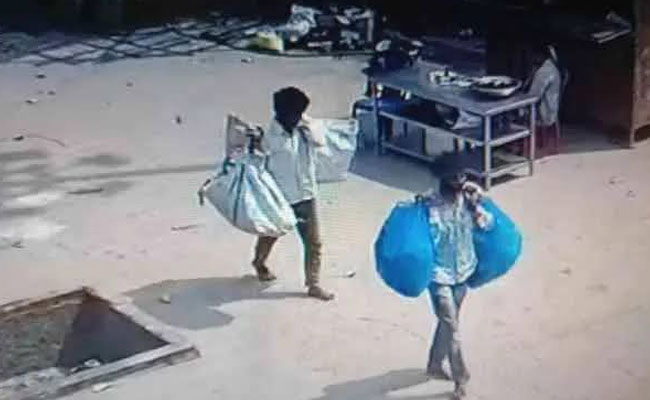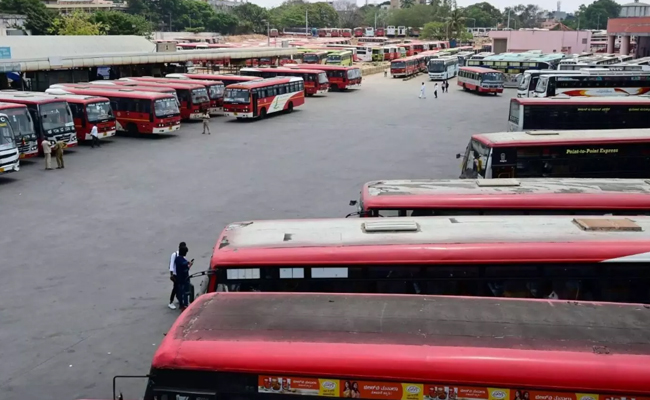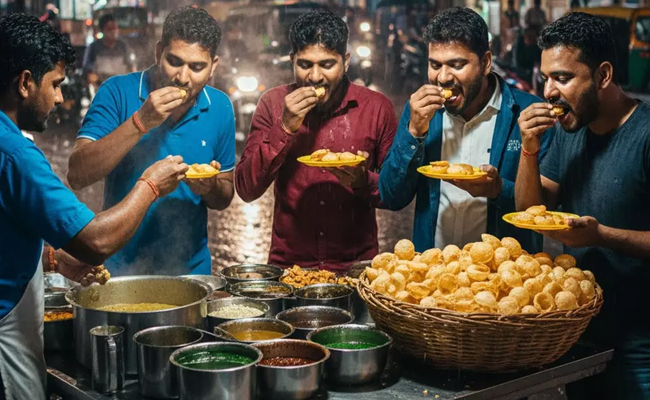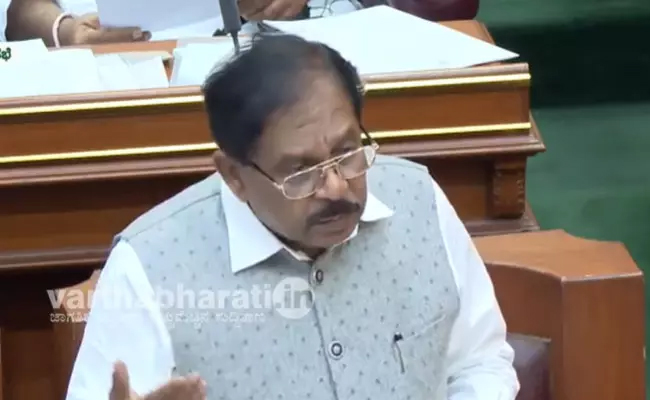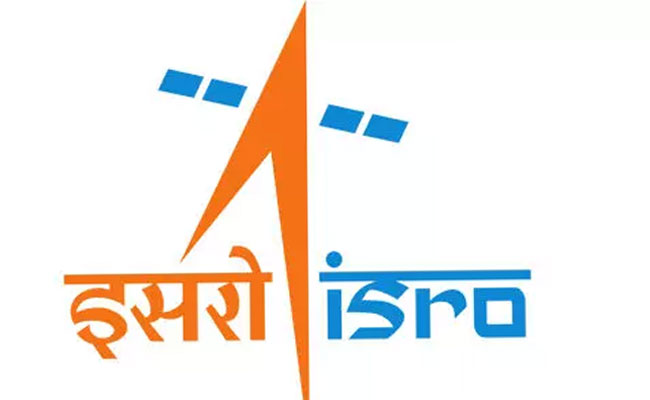Doddaballapur: Doddabelavangala police officers have taken into custody two men who had hidden chunks of meat in the garlands they had gotten to Sri Shanimahatme Temple in Kanasavadi on Saturday.
The arrested men have been identified as Kambalahalli Raju of Hoskote taluk and Somashekhar, an auto rickshaw driver from Whitefield, the police have said, adding that the arrested had handed similar garlands, containing meat chunks, to the temple a month ago too.
The temple staff members had received the covers containing the garlands a month earlier. When they opened the covers a couple of hours later, to be used during the prayer rituals, the staff discovered the meat amidst the flowers in the garlands.
The CCTV camera footage showed the accused duo at the temple earlier, yet, the Doddabelavangala police officers had failed to arrest the men.
On Saturday, however, when Raju and Somashekhar revisited the Kanasavadi Temple to deliver the garlands, they were caught red-handed by the temple staff members, who were on watch for the duo.
A case has been registered at the Doddabelavangala Police Station, Bengaluru Rural district, investigation is underway.
Let the Truth be known. If you read VB and like VB, please be a VB Supporter and Help us deliver the Truth to one and all.
Bengaluru: The Karnataka State Road Transport Corporation will operate 1000 additional special services in view of the Christmas festival.
In addition to the existing schedule, the special services will run on 19.12.2025, 20.12.2025 and 24.12.2025. Further, special buses will be operated from various places of intra & Interstate places to Bengaluru on 26.12.2025 & 28.12.2025.
Special buses will be exclusively operated from Bengaluru Kempegowda Bus Station to Dharmastala, Kukkesubramanya, Shivamogga, Hassan, Mangaluru, Kundapura, Shringeri, Horanadu, Davangere, Hubbali, Dharwad, Belagavi, Vijayapura, Gokarna, Sirsi, Karwar, Raichur, Kalaburagi, Ballari, Koppala, Yadgir, Bidar, Tirupathi, Vijayawada, Hyderabad and other places.
ALSO READ: Bengaluru: Shopkeeper stabbed for refusing to serve free panipuri
Special buses from Mysuru Road Bus Station will be exclusively operated towards Mysuru, Hunsur, Piriyapatna, Virajpet, Kushalanagar, Madikeri.
The corporation has also announced a discount of 5 per cent on the fare if four or more passengers book tickets under a single reservation. A discount of 10 per cent will be extended on return journey tickets if onward and return tickets are booked simultaneously.
In addition to the above, special buses will be operated from all Taluk/District Bus Stands in the jurisdiction of KSRTC based on the traffic needs.

